In previous articles written by my fellow writer Kareem Maize, he had proposed to both look at how anarchists could organize themselves in harmony with each other, and what is the main foundation which all forms of anarchism share. While the ideas expressed in the articles are interesting in their own right, what caught my attention was how they both shared a certain viewpoint regarding unification between anarchists: the viewpoint of politics and political relations. There is value in looking through and studying how the many streams of anarchism are related politically; what is left out in such analyses are aspects more fundamental to the anarchist project.
In the viewpoint of political relations, the question of unity is one of alliances. How are we to make, and keep, an alliance or coalition between the different anarchist branches? Maize argues for taking inspiration from both Genghis Khan and major religions, specifically in how the former used diplomacy to bring “multiple tribes in Mongolia with different ideologies together,” and how the latter uses customs to “inspire social rules based on metaphysical concepts to bring about social order,” creating a kind of “decentralized order” based on those customs. We shall ignore the specific details of these arguments for the time being. The main idea at play here is the organization of society between different anarchist “tribes,” where the different ideologies within anarchism are treated as different factions, in which a primary goal is the unification of these factions under a set of shared political ideals or interests. The importance of diplomacy and arbitration thus becomes more evident, as those methods become central to the maintenance of such political alliances between factions.
History gives us other examples of attempts at unification through shared political interests: in the U.S. Libertarian Party, there have been attempts made (and perhaps still are being made) to bring together both anarchists and libertarians under a shared platform, such as the Dallas Accord, where the different factions of anarchists and minarchists within the Party agreed to stay unified by keeping it neutral on whether the Party seeks the abolition of all governments or not. Outside of the Party, Murray Rothbard had advocated for an alliance between libertarians and the Old Right with the New Left and, later on, an alliance between libertarians and paleoconservatives (known as the Paleo Strategy). Even further before, we have the anarchists in Spain allying themselves with communist forces, and before that the alliance between Russian anarchists and the Bolsheviks. In all these examples of political alliance, the different parties supposedly shared certain ideals and interests in how society should be organized; in all these alliances, each party remains independent, as a faction which views the other faction as instrumental to their own rise to power. The factions are allies, nothing more: and once one of the parties has attained its goal, it sheds its alliance with the other party.
I have no love for such unity: I do not want to have allies. If my friends and fellow writers here seek such, they will find a friend, a comrade, but no ally in me.
I seek not allies, nor political unity. I wish to find brothers and sisters, to discover camarades. I aim to create solidarity, to build relationships and bond in mutual love with my fellows. Such unification sees the other not as a member of a political tribe, but as a whole person, a unique individual that has within them an inner beauty and creativity and a vulnerability that is to be protected, cherished, shared in. The political lens cannot help us reach solidarity: it actively sabotages us from reaching it.
Let me propose another view: let us center anarchism through an ethical definition. The realm of ethics, unlike that of politics, is able to focus on the relationships between people, not as citizens or political entities, but as breathing, living people. Ethics brings with it a universalism wherein we treat each individual as autonomous beings, who while being affected by their environment and interdependence on others has the ability to choose independently from those outside factors. In searching for what is ethical or moral, for what makes a good life, our definitions are applied to broader aspects of human action and human character: we treat people as people, with their own wants and needs and whose identity is not limited to any specific signifier or ideology. Political definitions focus on that aspect of life categorized as political; ethical definitions apply to all aspects of life; and it is through ethics that the anarchist makes their strongest claims and arguments, analyzing not only the systems of governance and economics, but all social relations, even to the most fundamental relations of family, friends, lovers.
Maize defines anarchism through the idea of decentralization; Derek Wills, another fellow writer, defines it through its opposition to the state and coercion, and its valuing of liberty and autonomy. Both definitions work well within the political sphere of thought, and Wills’ definition can work as a good jumping-board for our moral definition. Here is my definition: anarchism is the total rejection of domination, in all spheres of life. It is the embodiment of the maxim “I do not wish to be either ruler or ruled.” Both the self-love required for the wanting to be free and independent, and the love of others which seeks the freedom of others, then act as a bedrock for such a conception of anarchism.
What does the total rejection of domination entail? The perspective of each person as a full person; the rejection of objectification within political or any other categorization; and the creation of a relationship with the other person. For how can I reject my domination over another without seeing the other as a full person? And how can I see the other as a full person, without being in relationship to them, in sharing vulnerability with them? By rejecting domination, I must in the end love the other person to the extent that I will fight and die for them and their freedom from all tyranny.
Against domination, I create brothers and sisters with others; in creating brothers and sisters, I cannot form alliances. To be an ally is to be indifferent to another save that they are useful to reaching some end for you. When I reject domination and thus love my neighbor, so to speak, I cannot be indifferent to their pain and suffering, nor to their joys and good fortune. I can be their brother, their friend, their camarade, but never their ally. With the beauty that is inherent in brotherhood, what need do I have for being an ally or for having allies?
In being a brother, I also open myself to the thoughts and ideas of the other: no longer am I simply “I”, with my own thoughts and ideas, and you simply “you,” with your thoughts and ideas. We merge with each other, keeping our uniqueness while being in communion, and thus melding our ideas and taking away our own perspectives, shared yet also with our own tastes and flare to them. We are not just separate, living our lives away from each other: we are living with each other, with our differences but also affecting each other, molding our differences in new ways and becoming more fluid, more beautiful in our similarities and differences, more loving.
In that way, the idea of living in independent tribes and societies, in which Ancapistan fully lives independently from Ancommunia, interacting at times but staying away from each other, is more an abstraction. Such communities, if they do exist in the future, will be sharing much more than just materials: ideas will cross from each other, love and community will be found, creating new forms of social organization that we may only be able to dream of. The so-called “tribes” of anarchism will intermingle, coming together and going apart with no specific form or fashion in mind. For the rejection of domination brings about the rejection of stasis: everything becomes open to questioning, and while the central attitude against domination and expressing love remains, the forms of organization between others will bloom into a variety of new forms, destruction and creation dancing together in the beautiful waltz of life.
Political ideologies become superfluous: if such labels of anarcho-capitalism, anarcho-communism, mutualism, egoism, etc., continue to exist, they become general descriptors without a specific identity politic around it. In questioning all, one can no longer call oneself a specific type of anarchist as an identity, for how can one stay within such an identity when one will be willing to reject what they see as wrong with it? The only constants become anti-domination, become anarchism: all hyphenations no longer bar anyone, divide anyone, but become ways to express oneself while keeping connection with others. I no longer refer to you as this ideology, as some objective political category: I refer to you as you.
What is unity? It is the communion between other anarchists: it is the freedom from all forms of division, the willingness to let oneself no longer be defined by their labels, to be open to love each other, to fight for each other, to die for each other as brothers and sisters. I want no ally, I want to create no alliances, no simple political unity: I shall will to create a new form of community amongst my brothers and sisters, whatever type of anarchist to be, to create, to criticize, to be free with each other, to love each other, and to build a new world from the basis of our most intimate and simplest of relationships, to the most complex formations of society. If such is utopia, so be it, I shall work with my friends, my camarades, to create Utopia.
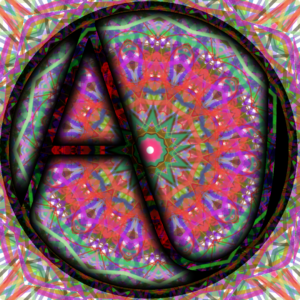
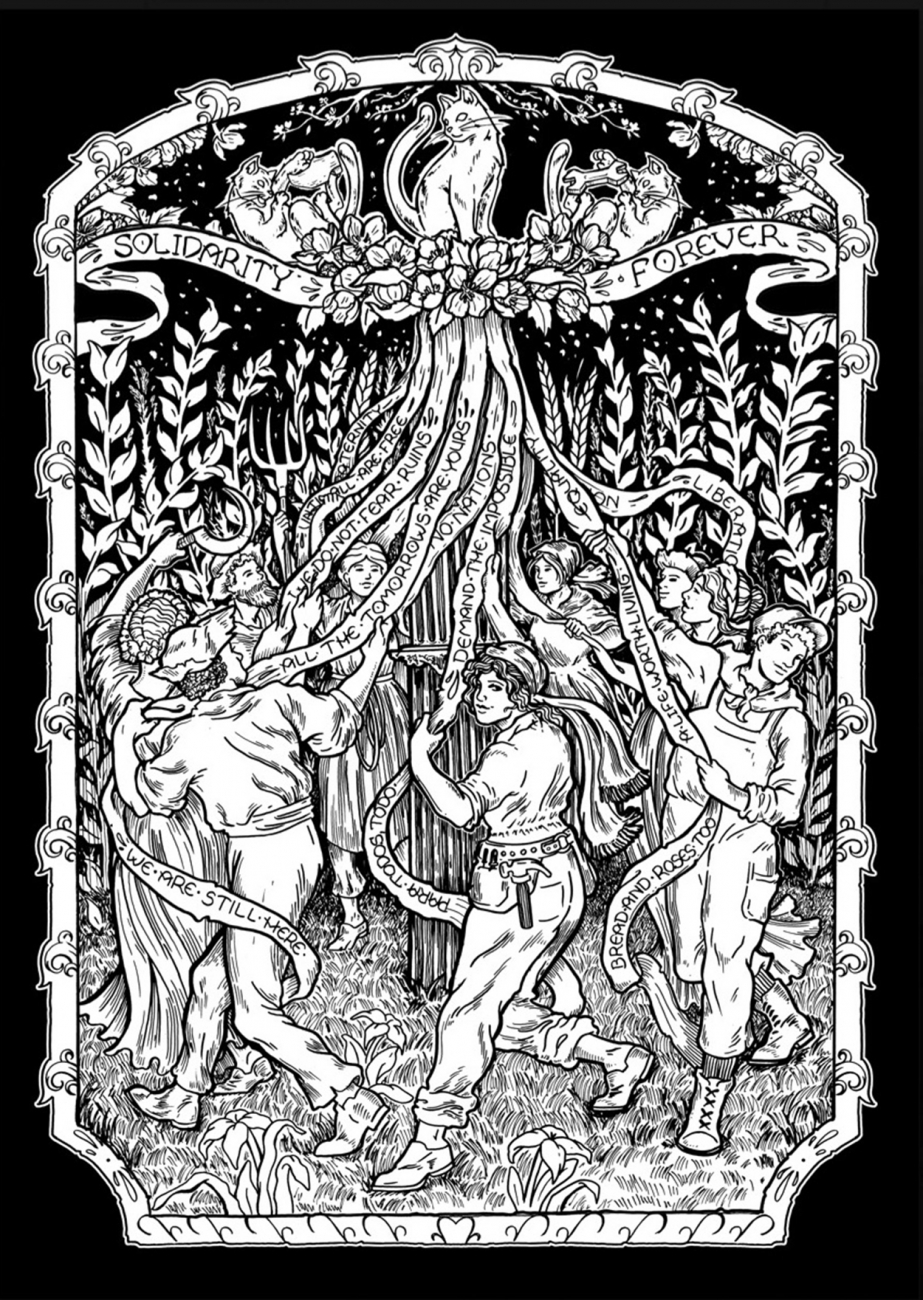
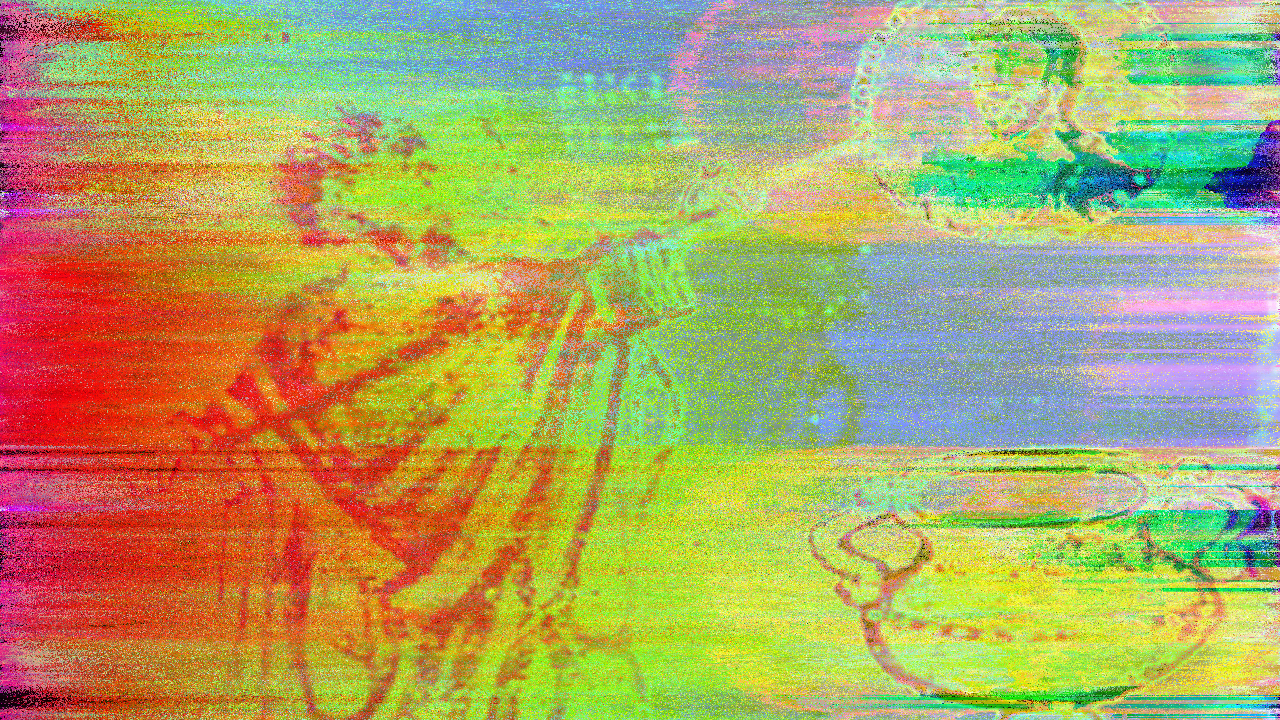
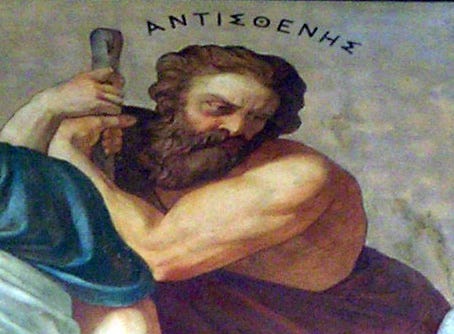

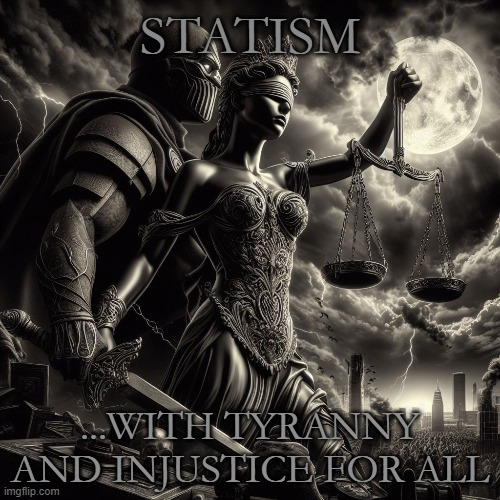
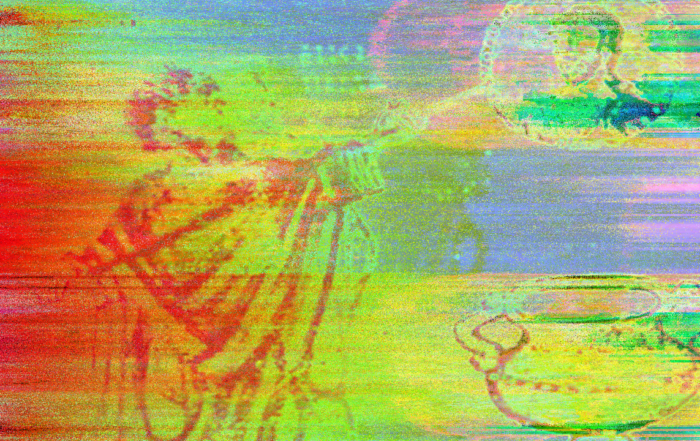
Leave A Comment